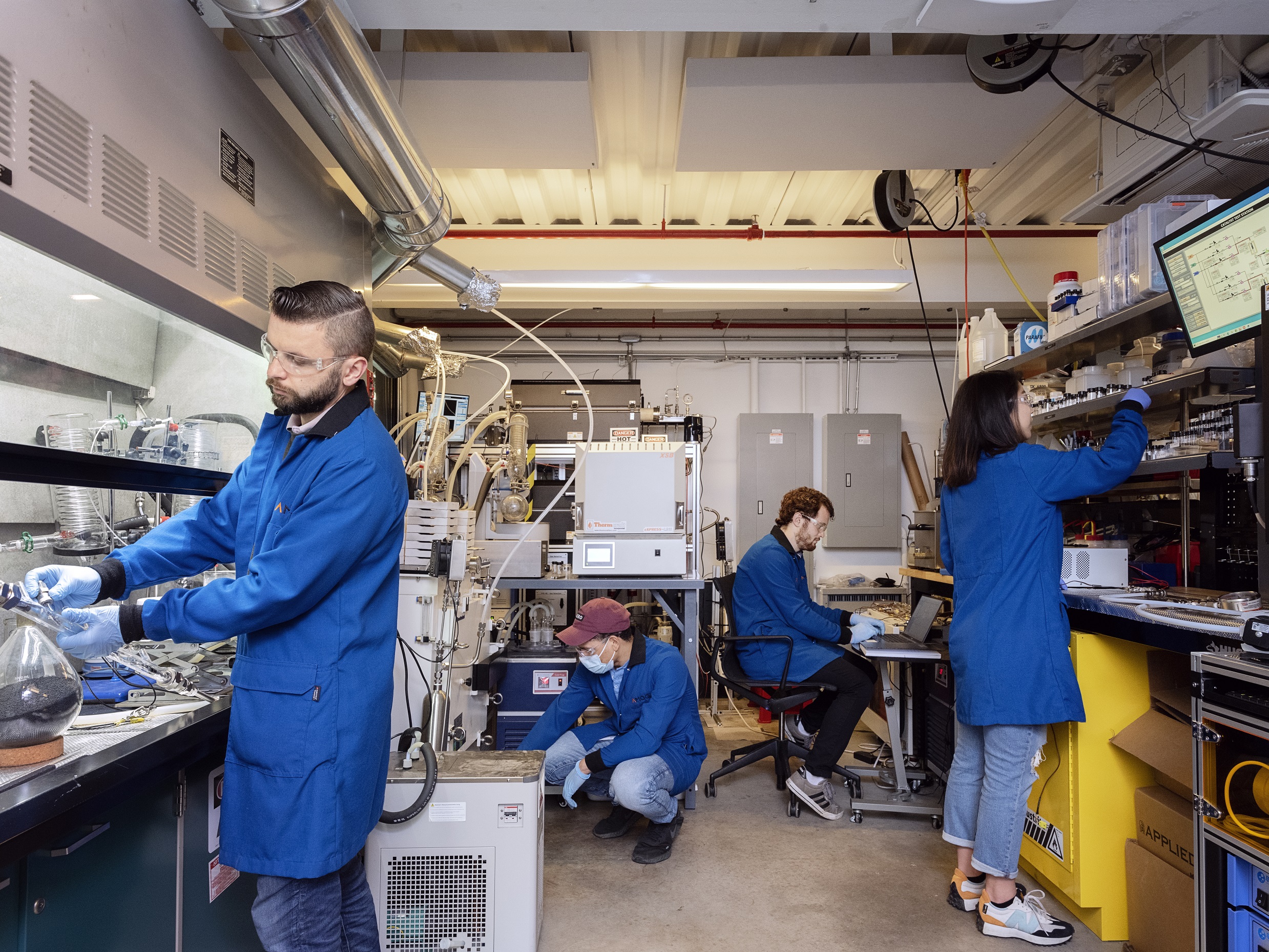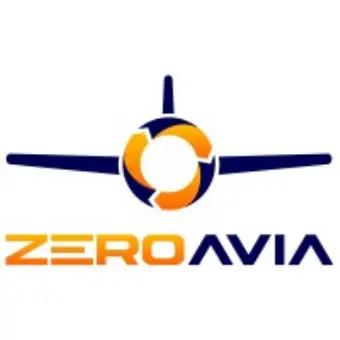At ZeroAvia, we’re clean sky thinkers. For the world to achieve truly clean, guilt-free flight, we need a scalable solution; hydrogen-electric powertrains. As a leader in zero-emission aviation and a UK Jet Zero Council member, we’re designing and commercialising hydrogen-powered solutions that will positively impact the future of aviation, global connectivity, and the world.
Engineering designs our next-generation hydrogen electric engines. Working across Hydrogen, Propulsion and Integration divisions, they solve technical problems and help decarbonize aviation by finding solutions for electric propulsion, hydrogen storage, fuel cell technology, power distribution, thermal management and more.Validate design of fuel cells, fuel cell components, or fuel cell systems.
- Fabricate prototypes of fuel cell components, assemblies, stacks, or systems.
- Develop fuel cell materials or fuel cell test equipment.
- Recommend or implement changes to fuel cell system designs.
- Identify or define vehicle and system integration challenges for fuel cell vehicles.
- Write technical reports or proposals related to engineering projects.
- Read current literature, attend meetings or conferences, or talk with colleagues to stay abreast of new technology or competitive products.
- Simulate or model fuel cell, motor, or other system information, using simulation software programs.
- Provide technical consultation or direction related to the development or production of fuel cell systems.
- Plan or conduct experiments to validate new materials, optimize startup protocols, reduce conditioning time, or examine contaminant tolerance.
- Integrate electric drive subsystems with other vehicle systems to optimize performance or mitigate faults.
- Conduct post-service or failure analyses, using electromechanical diagnostic principles or procedures.
- Design or implement fuel cell testing or development programs.
- Characterize component or fuel cell performances by generating operating maps, defining operating conditions, identifying design refinements, or executing durability assessments.
- Calculate the efficiency or power output of a fuel cell system or process.
- Analyze fuel cell or related test data, using statistical software.
- Design fuel cell systems, subsystems, stacks, assemblies, or components, such as electric traction motors or power electronics.
- Prepare test stations, instrumentation, or data acquisition systems for use in specific tests of fuel cell components or systems.
- Plan or implement fuel cell cost reduction or product improvement projects in collaboration with other engineers, suppliers, support personnel, or customers.
- Coordinate fuel cell engineering or test schedules with departments outside engineering, such as manufacturing.
- Authorize release of fuel cell parts, components, or subsystems for production.
- Manage fuel cell battery hybrid system architecture, including sizing of components, such as fuel cells, energy storage units, or electric drives.
- Conduct fuel cell testing projects, using fuel cell test stations, analytical instruments, or electrochemical diagnostics, such as cyclic voltammetry or impedance spectroscopy.
- Define specifications for fuel cell materials.
- Develop or evaluate systems or methods of hydrogen storage for fuel cell applications.
- Evaluate the power output, system cost, or environmental impact of new hydrogen or non-hydrogen fuel cell system designs.
- Bachelor’s Degree in Aeronautical, Mechanical, or related engineering field;
- Must have at least five years of experience performing design engineering functions in aeronautical, automotive, or similar industries;
- Must have knowledge of relevant production processes and materials (metal forming, machining, 3d printing, sheet metalwork, die-casting, electroplating, etc);
- Hands-on work in assembling, evaluating, and testing electro-mechanical subsystems;
- Proficient in 3D solid modelling, preferably Siemens NX and Solidworks
- Proficient in understanding and applying GD&T requirements to new designs;
- Able to read and understand complex drawings;
- Proficient with manual stress calculations as well as linear FEM stress analysis;
- Proficiency in MS Office (Word, Excel, PowerPoint, Visio);
- Tech savvy;
- Excellent communication skills;
- Thrives under a dynamic, milestone-oriented work schedule.
Diversity and inclusion
ZeroAvia is an equal opportunity employer and as a young company in the aviation industry, we value diversity and need people of different backgrounds who bring a plethora of skills, perspectives, and mindsets to the table that can spur originality, imagination, and creativity. We do not discriminate based on race, religion, colour, national origin, sex, gender expression, sexual orientation, age, marital status, veteran status or disability status.


